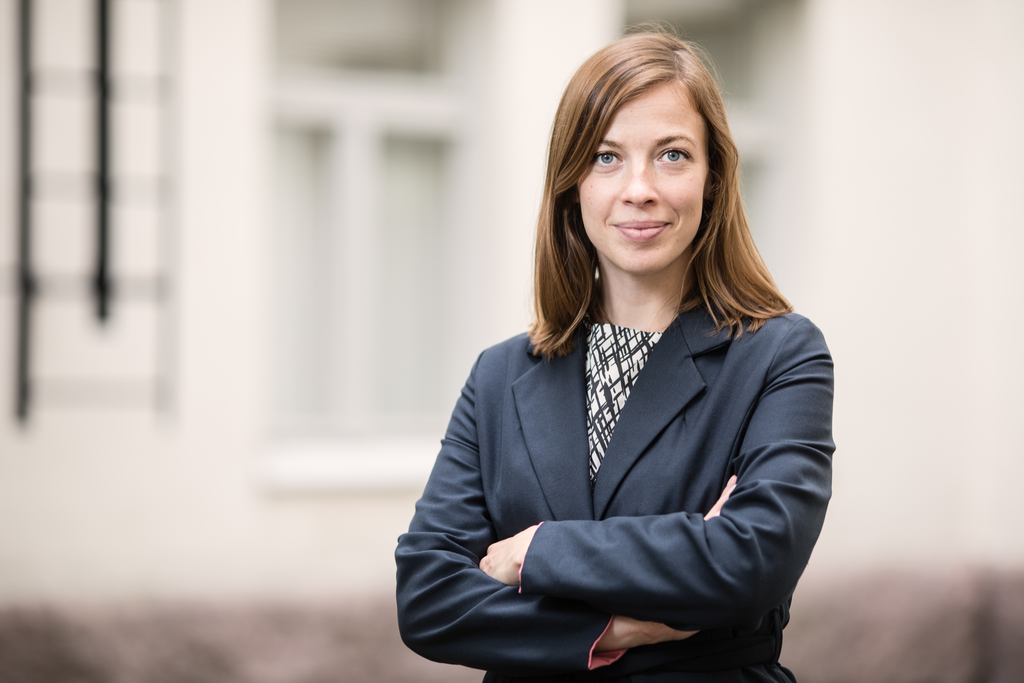
Minister Andersson was speaking at a seminar about the extension of and free access to compulsory education arranged by Kopiosto in mid-November. Making secondary education compulsory is the most important decision regarding the education policy of this Government, and the act related to this reform is due to be ratified by the parliament by the end of the year.
According to Andersson, it is clear that the provision of basic education is not enough these days. “The minimum requirement for all young people to make it in today’s society and working life and as an active citizen is to complete secondary education. Therefore, it is only logical for us to make secondary education accordingly compulsory,” the minister said.
A key part of the reform is to provide more extensive free access to secondary education. “Instead of students being responsible for acquiring the learning material, supplies and equipment, society will be responsible for providing these in the future,” Andersson said.
Through providing free access to education, the goal is to increase educational equality and give all young people a chance to complete secondary education, regardless of their wealth. In practice, the organiser of education, such as a municipality, will be responsible for acquiring the learning material.
State support for producing open learning materials
In order to acquire and provide secondary education learning materials, the organisers of education must develop and establish new operational models. “Such models have already been developed in different types of pilot projects and there are practical experiences at a municipal level,” Andersson said.
The Finnish National Agency for Education granted government grants to a total of 19 pilot projects at the end of 2018. These projects aimed at lowering the expenses incurred by students in secondary education.
One of the themes of the pilot projects was to develop digital learning materials and material banks for upper secondary schools and vocational institutions. The minister said that entire or parts of upper secondary school courses in 14 subjects for 56 different courses were developed. In addition to these, the pilot projects generated various course-independent materials, such as an initial level test, digital learning course and an entrepreneurship course. Regarding vocational education, material has been produced for all common parts of a qualification and for 19 different vocational parts of vocational upper secondary qualifications and further vocational qualifications.
According to Andersson, it is also important to pay attention to the expertise of the teaching staff in the reform. Andersson says that it is extremely important that the acquirement of learning materials is planned in cooperation with the teaching staff.
“The Compulsory Education Act reform included an obligation that the teaching staff must be consulted before the acquirement of learning materials. We want the teachers’ pedagogic perspectives and expertise and their possible opinions about the learning materials to be taken into account.”
Library of Open Educational Resources serves as a master database
The primary platform for the material produced in different pilot projects is the national Library of Open Educational Resources. The platform is also funded by the State: the library has been developed by the Ministry of Education and Culture, the Finnish National Agency for Education and CSC – IT Center For Science Ltd in cooperation with education organisers. Content for all levels of education can be published and open content can be searched for and edited in the Library of Open Educational Resources.
“Different projects and educational institutions in Finland produce a lot of open learning materials funded by the State,” Andersson said. The goal is that the Library of Open Educational Resources will include all open learning materials, making it easier to find and use them.
According to the minister, however, printed and digital textbooks will continue to be a key part of the materials provided to students.
The coronavirus pandemic must not delay the reform
The first group of students the extended compulsory education will apply to will begin secondary education already in the autumn of 2021. For Minister Andersson, sticking to the schedule is very important.
“The Government is not ready to postpone this vital reform due to the coronavirus pandemic. As the reform will be made one age group at a time, beginning in the autumn of 2021, the reform will apply to three age groups only in 2024. Postponing the reform would delay the positive effects of the reform to the second half of this decade.”
Andersson also wanted to emphasise that it is never too late to learn something new. Even if there are any shortcomings in early childhood education or basic education, the minister strongly believes that 16–17-year-olds must be provided with more opportunities to learn new things.
“With the compulsory education reform, we want to send a message to young people that each and every one of them is important and that their efforts and expertise are required in building Finnish society,” Andersson said.
Text: Ria Korkiakangas & Maria Bregenhøj
Photo: Laura Kotila, Prime Minister’s Office
